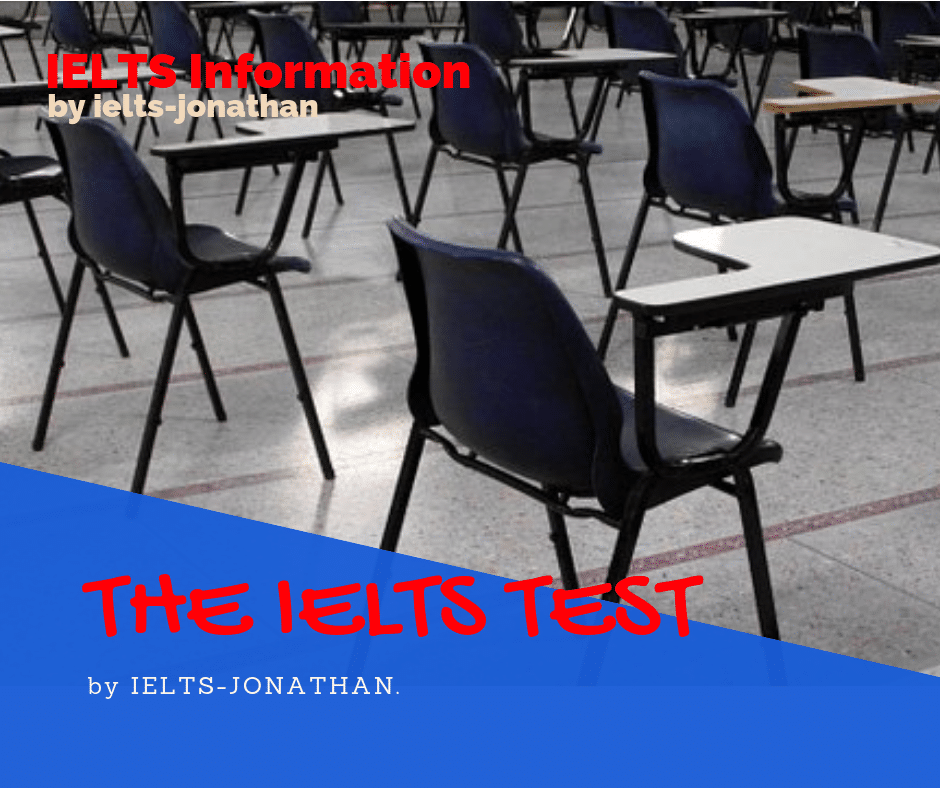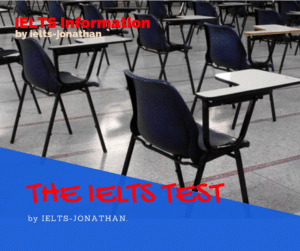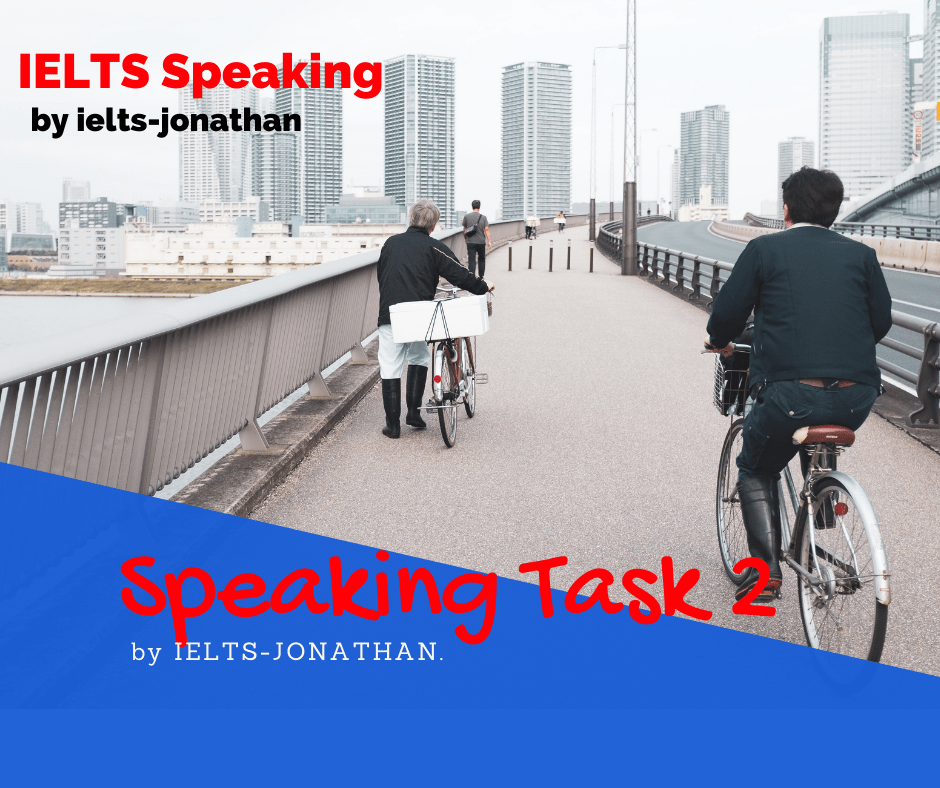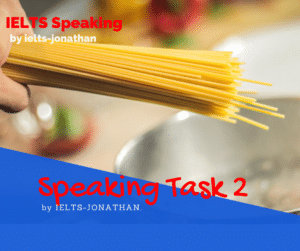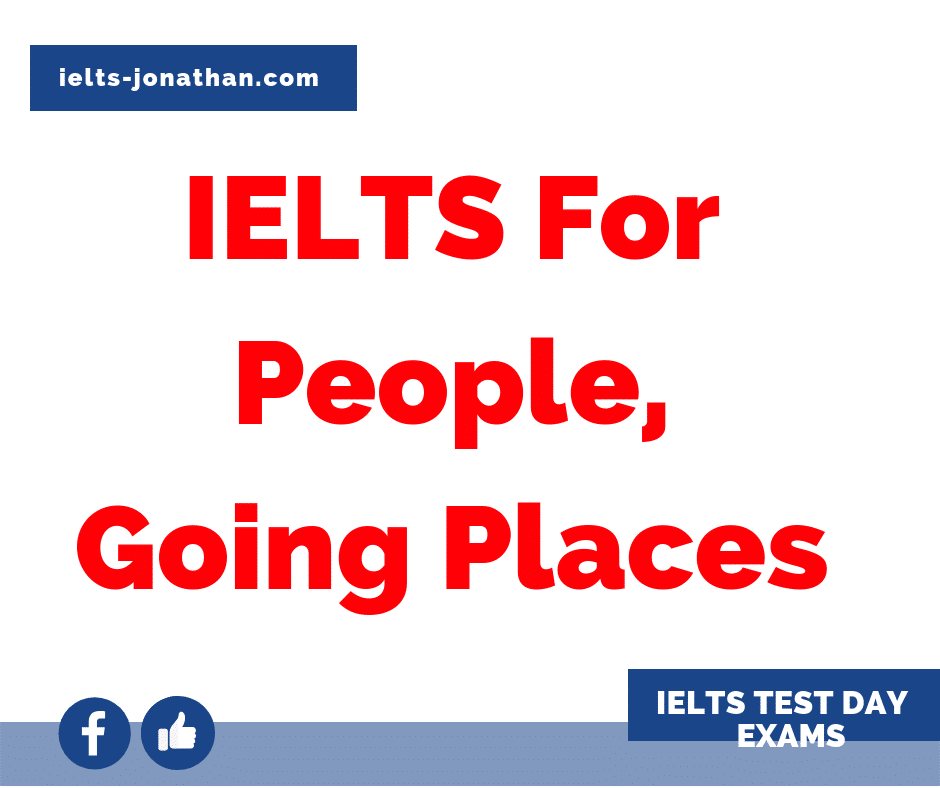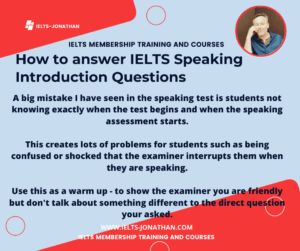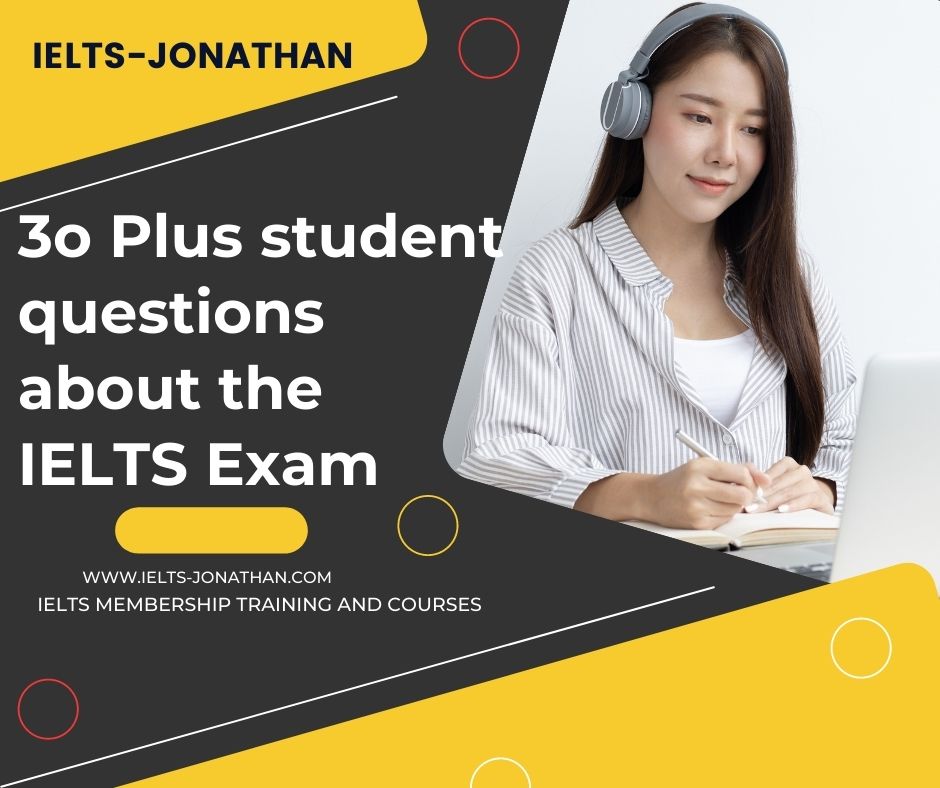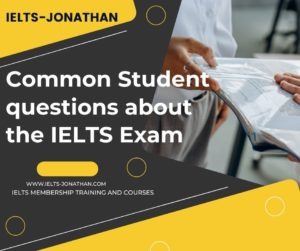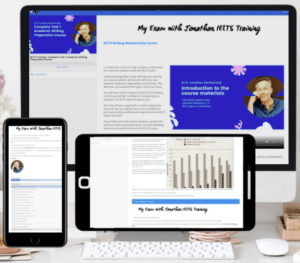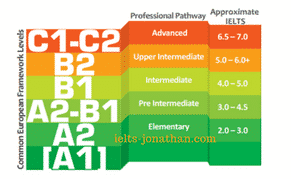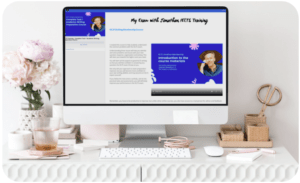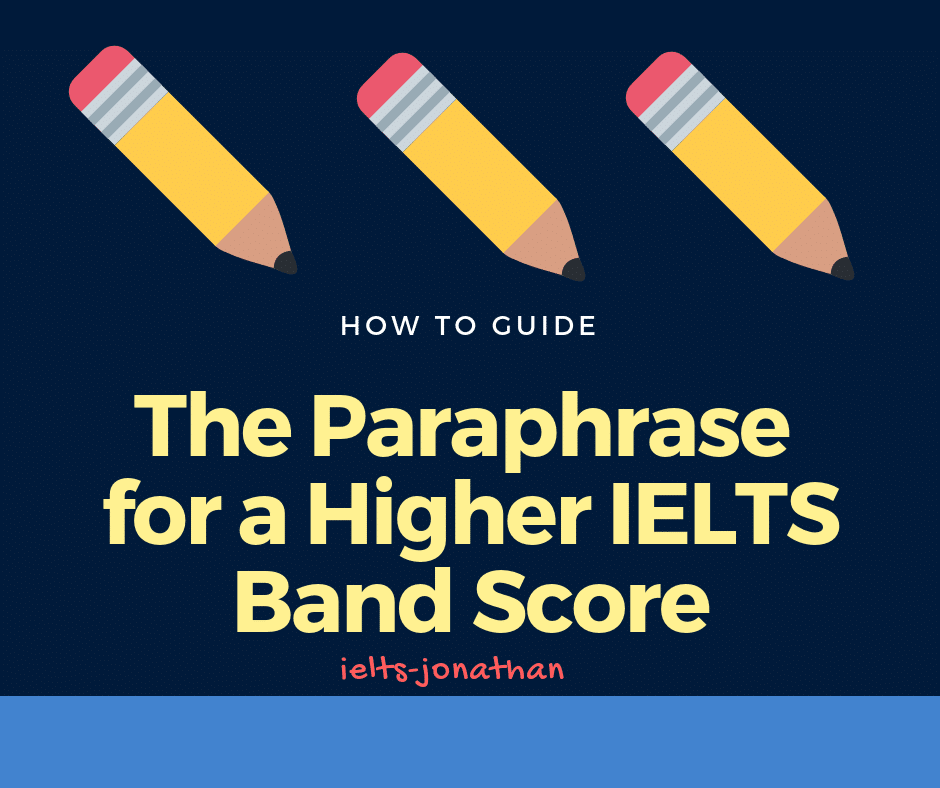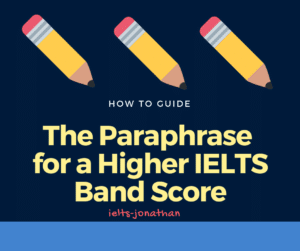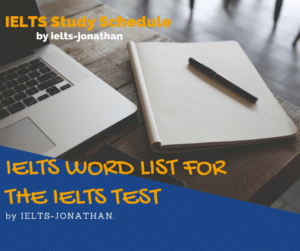Where can the IELTS test be taken?
You can take your IELTS test with the British Council in over 130 countries.
Many different test dates are available and tests typically take place up to once a week.
There are also many local approved test-centres.
How many IELTS tests are run each year?
The British Council schedules the following global IELTS test dates:
- IELTS Academic: 48 days per year
- IELTS General Training: 24 days per year
This means that your local British Council test centre can offer IELTS tests on any of these days, although dates may vary in some centres according to local demand.
You will usually take the Listening, Reading and Writing tests on Thursdays or more commonly Saturdays, and the Speaking test either on the same day, or up to seven days before or after that.
Take a look at the Global IELTS test dates table below and find the date that suits you best.
Then go to Book IELTS and check the local schedule.
If you are in the UK, International House London offers various locations throughout the UK and in Central London.
Who accepts the IELTS exam.
Every organisation sets its own entry requirements. In some cases both versions of IELTS may be accepted.
Visit Who accepts IELTS? to search for the organisations you want to apply to, and find out which version you need.
If you are in doubt as to which version to take, you should contact the organisations directly in order to check their requirements.
Whichever test version you choose, IELTS can help you make the most of your time in your chosen country.
Your IELTS Band Score is accepted by different institutions and governments for visa purposes at different levels.
For example, a band score of IELTS 7.5 is the standard for post-graduate study at university.
For work visas, a band score of IELTS 6.5 is often enough.
This post looks at band scores in more detail.
Downloads
- Information for candidates – English UK (PDF, 2 MB)
- Information for candidates – English US (PDF, 2 MB)
- Information for candidates – Arabic (PDF, 973 kb)
- Information for candidates – Korean (PDF, 1 MB)
- Information for candidates – Portuguese (PDF, 1005 kb)
- Information for candidates – Simplified Chinese (PDF, 1 MB)
- Information for candidates – Spanish (PDF, 988 kb)
- Information for candidates – Traditional Chinese (PDF, 1 MB)
- Information for candidates – Vietnamese (PDF, 1014 kb)
What are the two IELTS test formats?
There are two types of IELTS Test:
The General Test (GT IELTS) is aimed for work visas and emigration to English speaking countries such as Canada and Australia.
The Academic Test (AC IELTS) for those who will study at university or work in specific professions in English speaking countries.
This information is only generalised so it is important that you check with the university or embassy what their IELTS requirements are.
What is IELTS Paper Based and Computer Based IELTS Testing
IELTS can be taken as a paper-based test and since 2019, the computer based test has been available.
It’s being launched globally in 2020 and 2021 and now in 2022, most centres offer this form of the test
I have reviewed computer based test here and have given my own opinion on which test is best for you.
I hope the information o far has proved useful.
You can use tips and information on this website to help make it easier to obtain a higher score, but one of the keys to doing well in IELTS is to continue working at learning the language.
Any questions, please leave a comment and please share to someone you know.
Regards,
Jonathan
The Best Approach to Task 2 Writing
Paragraphing in Task 2 Writing
Writing – Benefits of a Foreign University Education
I’m Jonathan
I’ve taught IELTS and University English in more than a dozen universities and schools around the world.
I’m a parent, traveller and passionate about language teaching and helping students achieve their dreams.
Whilst living in Austria or working in Asia, I run IELTS courses to help students get to where they want to be.
If you are serious about IELTS, connect with me to see how I can help you.

